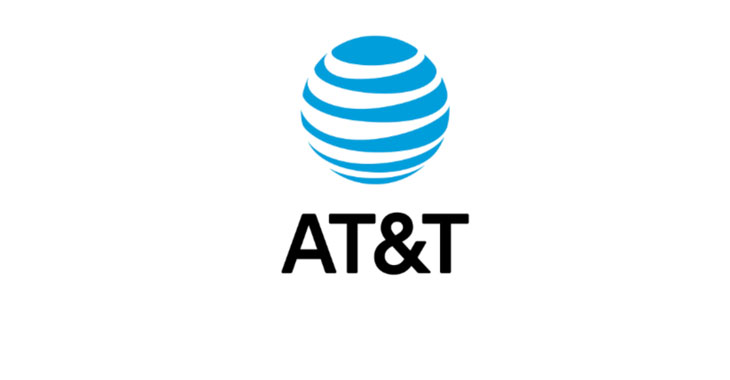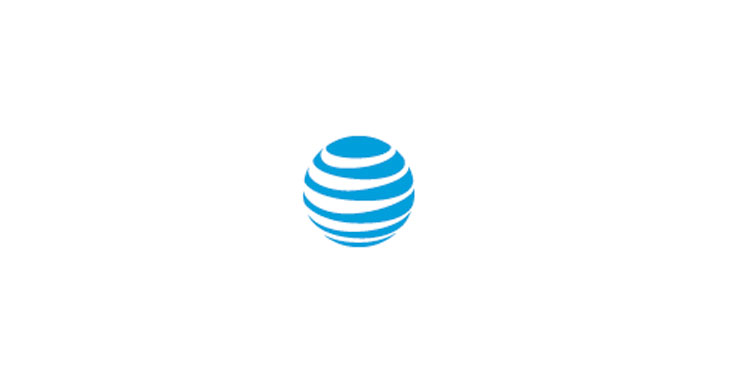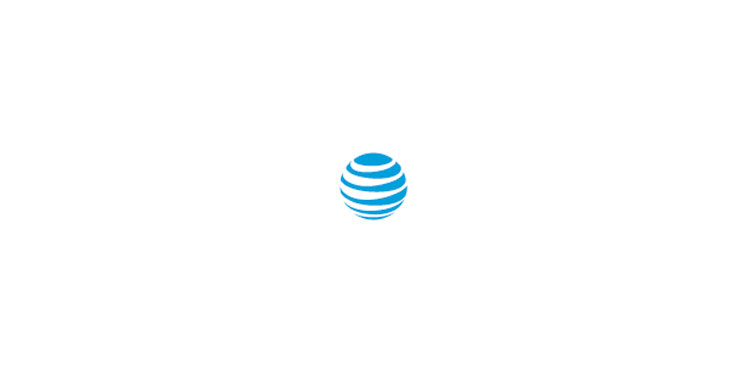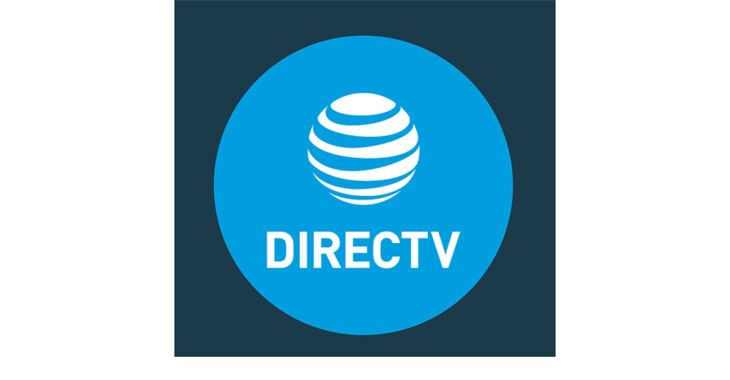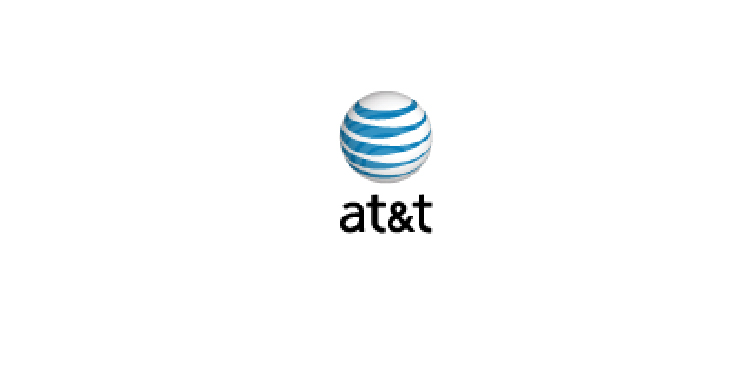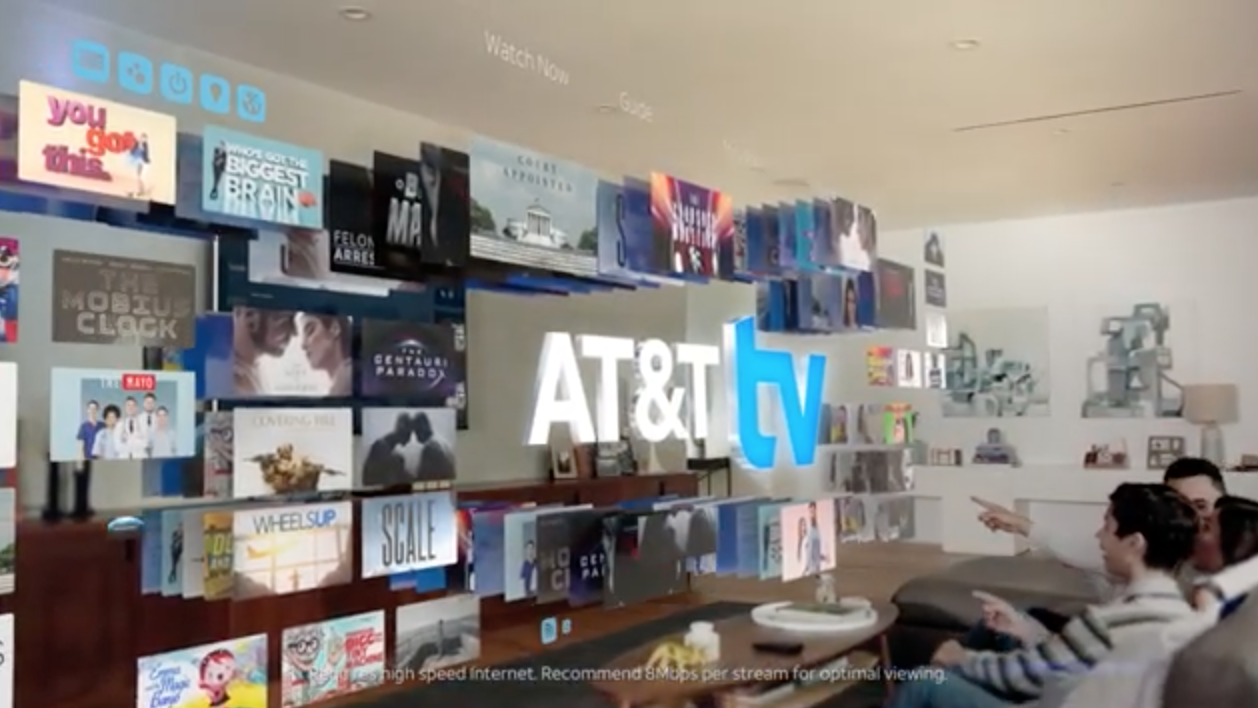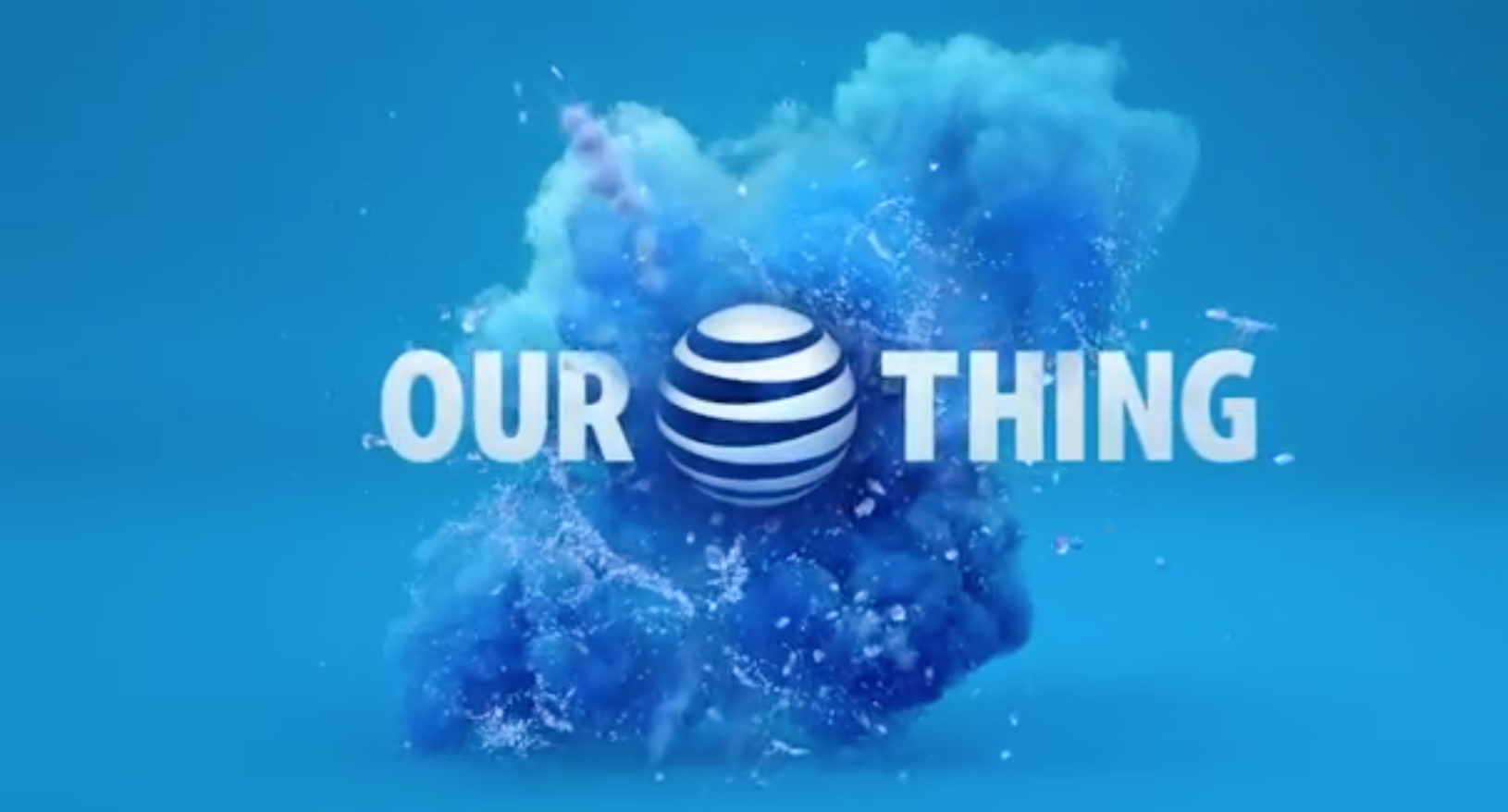
AT&T
Allegations: Falsely representing that it safeguards consumers’ personal information when it failed to do so and the data was breached
August 2021: The Court granted final approval of the settlement agreement in the Roberts case.
January 2021: Plaintiffs in the Roberts case moved for preliminary approval of a settlement agreement. Go to https://www.attunlimiteddatasettlement.com/ for more information.
2015: The Solis case was stayed pending arbitration.
July 2015: Two class-action lawsuits were filed against AT&T for allegedly deceptively promoting “unlimited” data plans. According to the lawsuits, AT&T misleadingly promotes data service plans as “unlimited” when such plans are actually limited by various conditions and without adequately disclosing important information (such as the data usage limits and that the company throttles, or intentionally slows, data speed when a consumer has approached or exceeded the data usage limits). To read each complaint, click on the case information below.
For more information about other class-action lawsuits filed against AT&T and TINA.org’s coverage of the issue, click here.
Allegations: Falsely representing that it safeguards consumers’ personal information when it failed to do so and the data was breached
Allegations: Misleadingly representing that AT&T is committed to protecting the environment and people when its cables are covered in toxic lead
Allegations: Falsely advertising that phones are unlocked
Allegations: Falsely advertising that phone and internet services are reliable and provide superior coverage and speed when the company failed to provide services for multiple weeks
Allegations: Misleadingly representing that it would safeguard consumers’ personal data when it failed to do so and there was a breach
Allegations: Misleadingly advertising monthly fees without disclosing certain fees
Allegations: Failing to adequately disclose when customers will be charged international roaming fees
‘The future of TV has finally arrived’ and with it, hidden fees.
A review of TINA.org’s work exposing deceptive marketing tactics by social media influencers.
AT&T says it’s not making a comparison to cable. NAD says differently.
TINA.org finds 95 percent of social media influencers previously put on notice by the FTC breaking the law.
Company’s puffery defense falls flat as NAD recommends changes to commercial.
